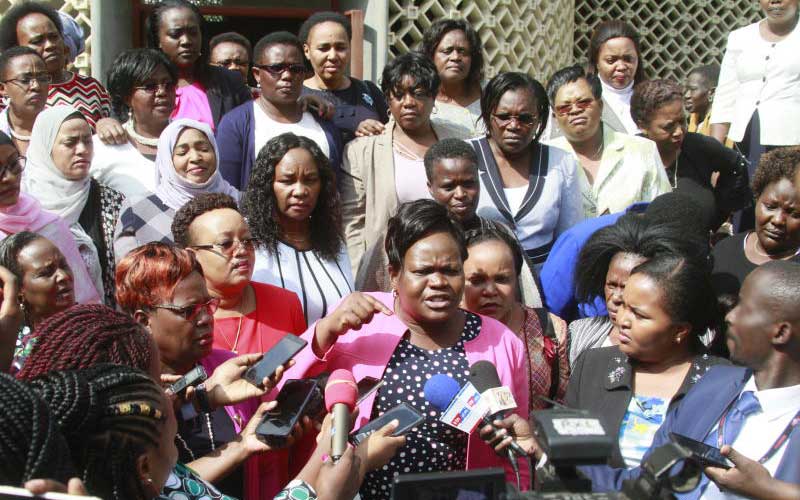×
The Standard e-Paper
Home To Bold Columnists

The number of women on the next ballot could reach record numbers as the country pushes forward with proposals to ensure gender parity in the 2022 General Election.
The Constitution of Kenya (Amendment) Bill 2020 calls for the creation of special top-up seats to ensure the two-thirds gender principle is actualised.